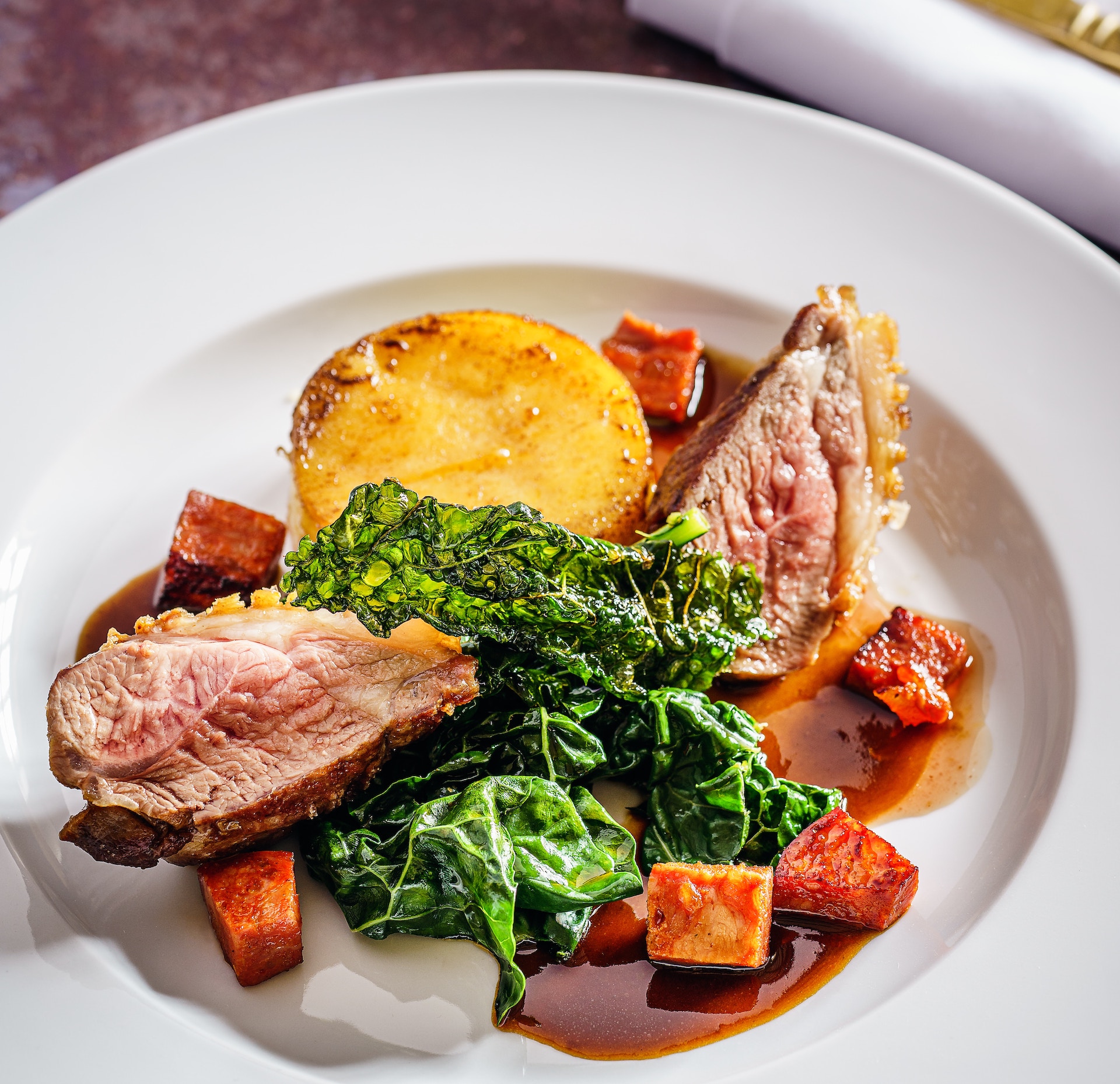Post
VIDEO: London of the Future: ‘Feeding cities is a great challenge of our time’
8 Dec 2023
In the book London of the Future, Carolyn Steel’s chapter focuses on bringing back the value of growing food in the city, arguing it has huge potential.
“We need to rediscover food; after all, public life is in the taverns and pubs and the markets,” she says.
Food is a shared necessity — but also a shared way of thinking, argues the architect and thinker on food and cities. Looking at food networks offers an unusual and illuminating way to explore how cities evolved.
Check out our rundown of upcoming events
In London, every single day, 30 million meals must be provided. Without a reliable food supply, even the most modern city would collapse quickly. And most people today eat food of whose provenance they are unaware.
Steel uses food as a medium to "read" cities and understand how they work. In her book Hungry City she traces - and puts into historical context - food's journey from land to urban table and thence to sewer. Cities, like people, are what they eat.
Sitopia, How Food Can Save the World, is the sequel to Hungry City. It explores the idea, first developed in Hungry City, that food shapes our lives, and asks what we can do with this knowledge in order to lead better ones.
Subscribe to the London Society newsletter
Carolyn Steel is an award-winning architect, writer and lecturer. Her work has focused on the everyday lives of cities and the role of food in shaping them. She has run successful design units at the London School of Economics, London Metropolitan University and Cambridge University, where her lecture series Food and the City is an established part of the architectural degree programme.
A director of Cullum and Nightingale Architects, she has completed several major buildings for the Central School of Speech and Drama. Her media work includes presenting on BBC TV’s 'One Foot in the Past', and she is a regular columnist for Building Design.
“Feeding cities is a great challenge of our time. The process has a larger social and physical impact on us and our planet than anything else we do, yet few of us are aware of it. Industrialisation has distanced us from the effort required and made feeding cities seem easy. But in an era of climate change, peak oil and a rapidly growing urban population, that illusion is wearing off,’ Steel says.
Buy a copy of London of the Future here
“We urgently need a new model for human dwelling – one that recognises the interdependence of city and country, and treats them as a single, organic whole. My proposal is a new concept that could lead to such a model: sitopia (from the ancient Greek sitos, food + topos, place). Sitopia is ‘food place’: a way of seeing that acknowledges food’s centrality in our lives and its power to shape us and our world. Food is our greatest shared need – which makes it our greatest potential asset. If we recognise its power to connect, we can harness it as a tool to the shape the world for the better.”
